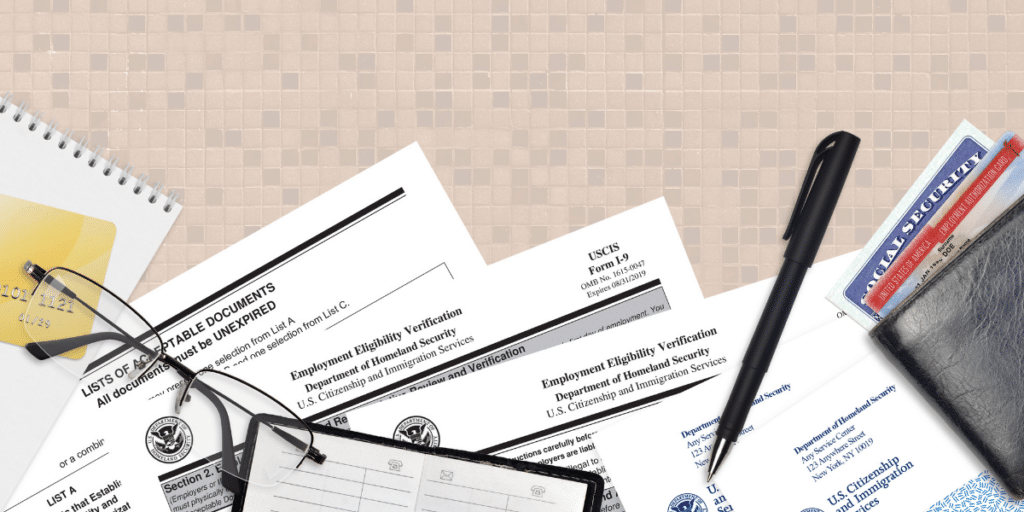Can I make my ex take a drug or alcohol test?
High conflict child custody actions typically involve each parent cataloging each other’s every bad deed and presenting it to the Court in hopes of obtaining a favorable outcome in litigation. Often, those bad deeds consist of, or are associated with, drug and alcohol abuse. The drug and alcohol abuse of one or both parents is especially important to a Judge in a custody action as this abuse can create an unsafe environment for a child. All too often, a person who abuses alcohol or drugs is unwilling to admit to themselves, much less a Court, that they have a problem with drugs or alcohol. So, if a parent has concerns about the other parent’s abuse of alcohol or drugs, what are some of his or her options?
Request that the Court order a urinalysis test.
In a custody action, either parent may request, or the Court on its own may require, that a parent submit to a urinalysis test. While a parent may ask for the test, if the Court does not sanction it, one parent cannot require the other to submit to a drug or alcohol test.
Urinalysis testing is the most common drug testing method. Long after the effects of drugs have worn off, a urinalysis test can detect the presence of drugs in a person’s system; however, the length of time a drug is detectable in a urinalysis test varies by drug and by the quantity used. Urinalysis tests typically screen for between five and ten drugs to include, amphetamines or methamphetamines, barbiturates, benzodiazepines, cocaine, marijuana, MDA-analogues (MDA or MDMA)(ecstacy), opiates (codeine, morphine, 6-acetylmorphine [indicative of heroin use], hydromorphone, hydrocodone, oxymorphone, oxycodone), and PCP (phencyclidine). Those drugs listed in Italics are typically the drugs tested for on the five-panel test. Urinalysis testing can also include a nicotine or alcohol panel. However, alcohol is difficult to detect in urine more than twelve hours after its last consumption.
The results of a urinalysis test are often provided instantly but can, under certain conditions and depending on the policies of the testing facility, take up to seven days to process.
Request that the Court order a hair follicle test.
Hair follicle drug testing is often used to determine drug usage over a longer period of time. Depending on the drug used, and the quantity used, a hair follicle drug test can detect drug usage going back approximately six months. Hair follicle tests, like urinalysis tests, can test for a wide variety of drugs. Hair can be pulled from any part of the body, not just the head, for this test. Typically, between 100 and 120 strands of hair, cut close to the scalp, are cut for each test. The results of the hair follicle test cannot be provided instantaneously and often take between five and ten days to be processed.
When requesting a urinalysis or hair follicle test, I advise that the following language be included in the Order that requires a parent to submit to testing:
That the Court Order that [Mother] or [Father] shall not in any manner attempt to effect the testing results by having another person provide the sample, cutting his/her hair, providing the hair of another person, animal, or thing, or ingesting any substance which would modify the results, or in any other way attempt to effect the results of the testing.
Request that the Court order routine urinalysis and/or hair follicle drug tests.
If a parent tests positive for drug or alcohol use in a urinalysis or hair follicle test, or the parent has a long and well documented history of recent drug and/or alcohol abuse, the Court will often consider ongoing testing to ensure the safety of the child when in the care of the abusing parent.
For example, a Judge might require that the abusing parent submit to a urinalysis test up to three times per month with the test being taken within a certain number of hours of the written request from the other parent. Hair follicle testing, because of the longer period of time that the test is able to detect drug usage and the amount of hair that is required per test, is not often required more often than once every three months.
If a parent timely submits to and passes the tests required by the Court for a predetermined period of time, the Court no longer requires the formerly abusing parent to submit to ongoing drug and/or alcohol testing. If the formerly abusing parent relapses, the Court can require that testing resume at that time.
Request that the abusing parent submit to Soberlink alcohol monitoring.
Soberlink is a comprehensive alcohol monitoring system that combines a breathalyzer and wireless connectivity. Soberlink automatically documents proof of sobriety in real-time and utilize features such as facial recognition, physical device tampering censors, and customizable scheduling. Typically, an abusing parent ordered to submit to Soberlink testing is required to take an alcohol test by blowing into a portable device at predetermined times during his or her parenting time. For example, a parent might be required to take one test immediately prior to beginning his or her parenting time, one test each morning, one test each afternoon, and one test each evening of his or her parenting time. Depending on the Soberlink plan you select, those results are sent to the non-abusing parent in a comprehensive summary at the end of the day or in real-time as the results become available.
I have found that non-abusing parents find great comfort in the Soberlink system. For abusing parents, if they are maintaining their sobriety, they have excellent evidence to present to a Judge that he or she is able to provide a safe and sober environment for exercising parenting time with the child.
Depending on the Soberlink plan selected, the cost ranges from $99 to $199 per month.
Request that the abusing parent undergo a substance abuse assessment by a court appointment expert and the abusing parent subsequently follow the recommendations of that expert.
A parent may request that the Court appoint an evaluator to conduct a forensic substance abuse assessment of the parent suspected of abusing drugs and/or alcohol. As part of that assessment, a qualified professional will speak to the parent suspected of abusing drugs and/or alcohol, the non-abusing parent, third parties, medical and mental health providers, and possibly the children. The evaluator will also review any documents submitted by the parents, pleadings in the custody litigation, and medical and mental health records for the abusing parent. The evaluator will take a careful and thorough look at all of the information available and ultimately produce a report which outlines his or her findings and his or her recommendations for treatment, if any. This report is often submitted to the Judge for his or her consideration when making decisions related to child custody.
Keep in mind that with a greater amount of investigation and detail comes a higher price tag. Generally, these evaluations can cost upwards of $5,000.00 to complete.
While this list is not exhaustive, the options for monitoring or managing drug and alcohol abuse in child custody cases listed above are those most often utilized in family law.
If there are drug or alcohol issues in a relationship where children are involved, and you need guidance from a law firm with experience in navigating these serious issues, the attorney’s at Dozier Miller Law Group are here to help. Contact a member of our family law team today and schedule your initial consultation.

CATEGORIES
Contact an Attorney
Our attorney offer specialized guidance and representation in a variety of practice areas.

REMEMBER: Always speak with your own attorney
This information is provided for informational purposes only; it is not offered as and does not constitute legal advice.
More Insights and Resources
Learn more about what to expect when facing a family law dispute in Charlotte, North Carolina from Family Law attorneys at Dozier Miller Law Group
Protect What Matters Most: Estate Planning for Every Stage of Life
Thinking about the future doesn’t always come naturally. Many of us get caught up in the day-to-day,…
Will a Separation Protect Me Financially?
Separation is never easy, especially when financial questions start piling up. Can you protect your savings? Will…
Practical Custody Arrangements for Families
Trying to figure out custody arrangements? You’ve probably come across terms like joint custody, primary custody, and…
Future-Proof Your Business Against Form I-9 Changes
Running a business is no small feat. Between managing your team, keeping customers happy, and planning for…
When Do You Need an Attorney for a Breach of Contract Case?
Contracts are the backbone of any good business relationship. They bring clarity, set expectations, and hold everyone…
Navigating Immigration Changes and Their Impact on Employment Law
No matter the size of your business, immigration law affects your ability to hire and retain the…
LGBTQ Families and Stepparent Adoption: What You Need to Know in North Carolina
As a family law attorney in North Carolina, I’ve seen many parents assume that their legal status…
What to Do When You Get a Bad Google Review
If you’re a Charlotte business owner, you know just how important your online reputation is. Around 98%…
Managing Your Immigration Status in 2025
The 2024 election brought significant shifts to U.S. immigration policy, many of which have already begun reshaping…
Plan Now for Summer Child Custody Arrangements
It might not feel like it, but summer break will be here before you know it. For…










